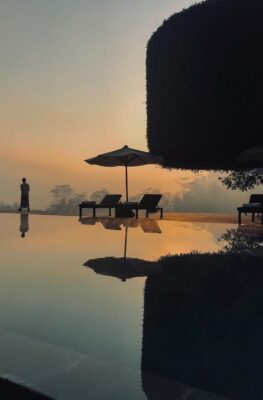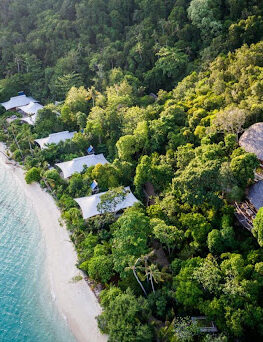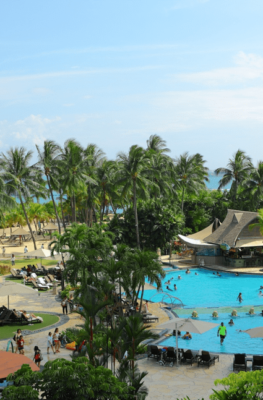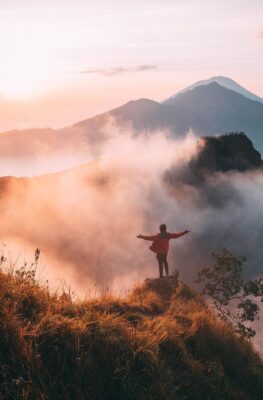Published on January 22, 2014
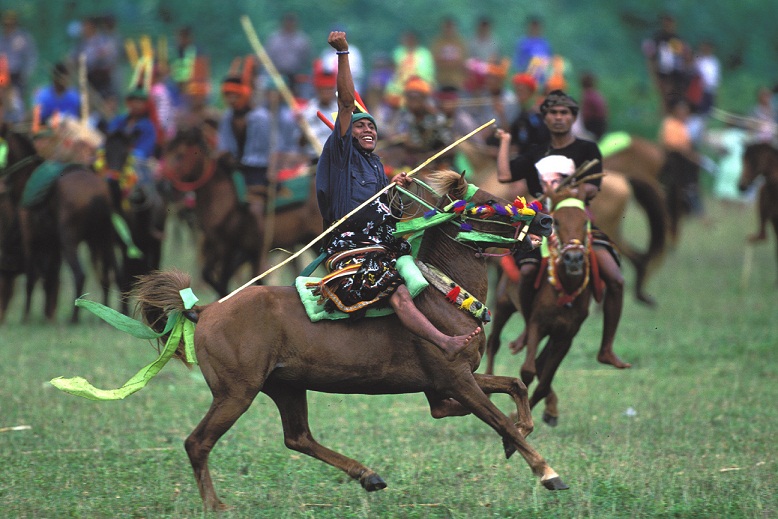
Held once a year in several villages in Sumba, the tradition takes place in the month February at Kodi and Lamboya. This year the elders of Lamboya have determined that the Pasola Festival at Lamboya near the town of Tambolaka will be held on 1 February, while the event in Kodi will be held later in February, the exact date is still to be announced. Meantime, Pasola at Wanokaka and Wainyapu will be held in the month of March, dates still awaiting confirmation.
The Pasola jousting festival takes place on a broad stretch of savannah, and is witnessed by all villagers, the Paraingu Kabisu of the two competing groups and by the general public and tourists alike. Since Pasola is connected with a natural phenomenon of the appearance of seaworms along the shores, and is moreover a sacred tradition, the exact time when the event should take place in the village must decided by the Rato Pasola or tribe elders .
Pasola is a most exciting Jousting Festival where opposing teams run into each other on horseback, saddle-less, throwing blunt spears – called hola – to each other to unseat or hurt their opponents or horses. Fallen men or horses may not be attacked, but any blood flowing is believed to fertilize the soil and benefit the next harvest.
The word Pasola itself derived from the word Sola or Hola which is the name of the blunt spears they use to throw to each opposing groups of horsemen.
Although the tradition may seem full of violence, Pasola is about peacekeeping, not hostility. This war game is thought by some to have been invented as a sort of dispute settlement mechanism -a bellum pacificum or peaceful war through games.
The tournament forms part of the traditional Marapu belief on Sumba, where the Pasola forms an inseparable part of the annual ritual, held in conjunction with the Bau Nyale ritual or the arrival of seaworms on the shores of Sumba, which normally occurs in February and March.
Once better known as the Sandalwood Island, Sumba in the province of East Nusatenggara, – adjoining the islands of Komodo and Flores, – breeds some of Indonesia’s best horses. The Sumba horses are a cross between Arabian and local horses, and are therefore larger than the neighbouring Sumbawa horses.
There are daily flights from Bali to Waingapu in East Sumba and Tambolaka in West Sumba on alternate days. Garuda now also has regular flights from Bali to both cities. The island can also be reached from Maumere on Flores, on similarly alternating days between the two towns.
You can find more detailed information and packages for this year’s Pasola festivals at : http://www.komodo-tours.travel/komodo-tours



